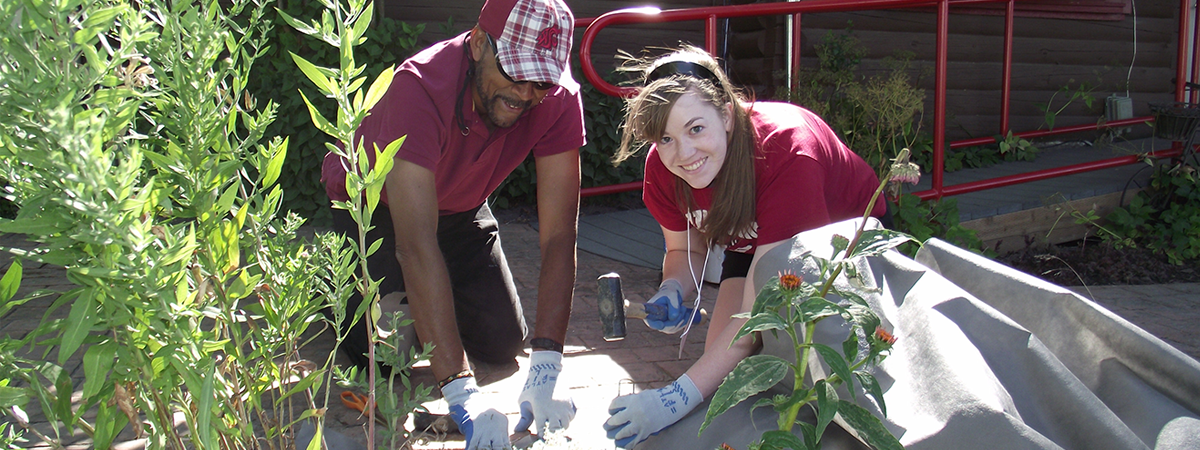
Best Practices
Below are some of our suggestions and tried-and-true approaches to managing student volunteers.
Providing a Site and Project Orientation
Orientations to your organization and the volunteer project will make students feel accepted and clarify their roles, responsibilities, and your expectations of them. This is also a great opportunity to connect the dots between the project/work and your organization's mission and vision and help build that connection between community engagement and social/environmental justice. Building this big-picture understanding of your work can help motivate and retain student volunteers.
Suggestions for an Orientation Agenda
- A tour of the facility or work site
- A brief overview of the organization
- An introduction to the supervising staff
- A review of the rules, regulations, policy, dress codes, and timekeeping requirements
- A discussion of the student’s role, including specific tasks and specific benefits to the agency
- Review any safety protocol and risk associated with the project
- An overview of who the student can go to with their questions or concerns while volunteering
Motivating Students
- Start with Why: Articulating the connection between volunteer duties and the organization’s mission can be a huge factor to motivate student volunteers.
- Make your expectations clear: Ensure all students are given job descriptions, orientations/ training sessions, and feedback so they are aware of what is expected of them.
- Appreciate their work and impact: anything from creating volunteer job titles, to giving strategic “thumbs up” positive feedback throughout a shift, to nominating students for the President’s Award for Leadership can make a huge difference.
- Lead by example: Bring the energy you expect to receive. Your passion, thoughtfulness, empathy will be theirs.
- Build rapport: find similar interests and build community.
- Provide constructive feedback: this is best done with an established relationship but providing constructive feedback can be key in helping students grow and reach their full potential.
Difficult Students
Occasionally you may be faced with a difficult student. The student may not be adhering to the standards of your agency, putting others at risk, or not engaging in the work. In these situations, try to address any problems as soon as they arise in a one-on-one setting. Describe what you have observed, use the position description to identify expected behaviors, and indicate a shared commitment to finding a solution to the problem(s).
When a situation such as this presents itself, know that the CCE can assist you in this process as well as work with the student to find an opportunity that will be a better fit. Feel free to contact CCE staff as soon as possible at 509-335-7708.